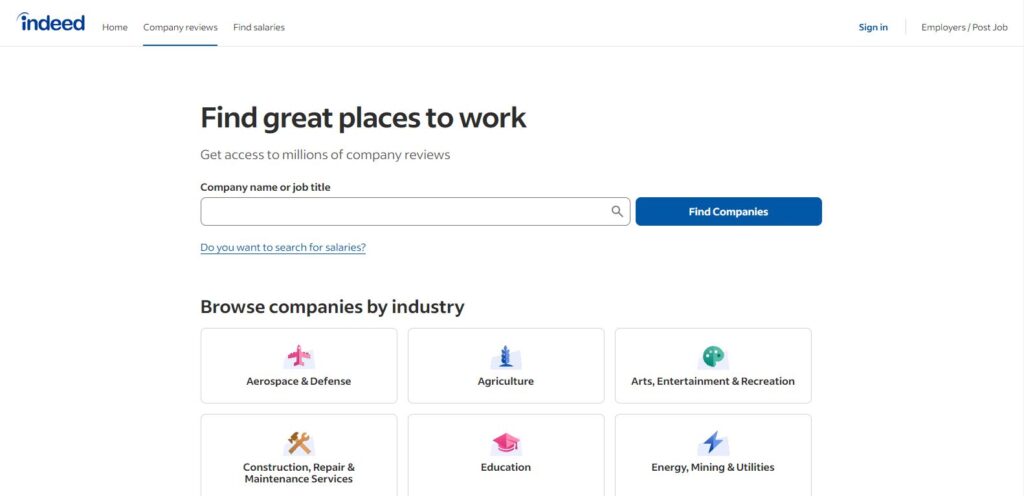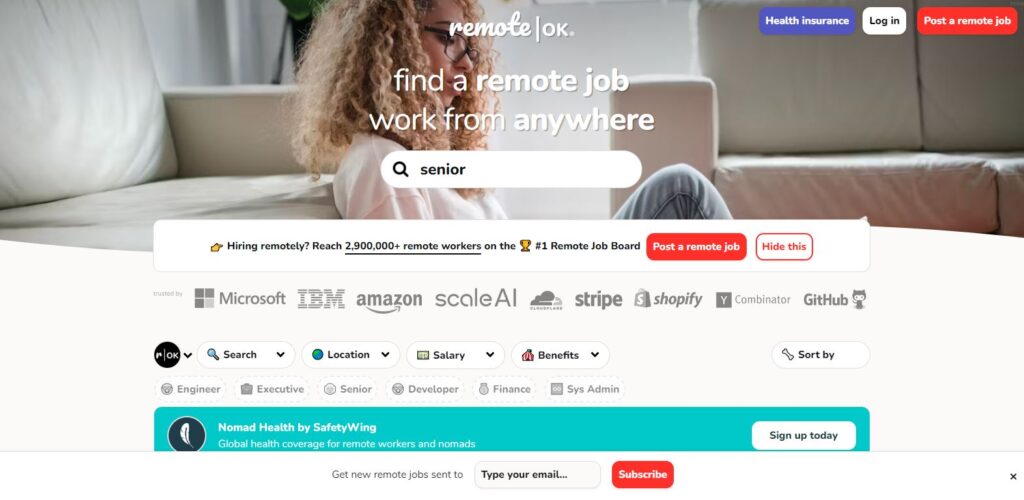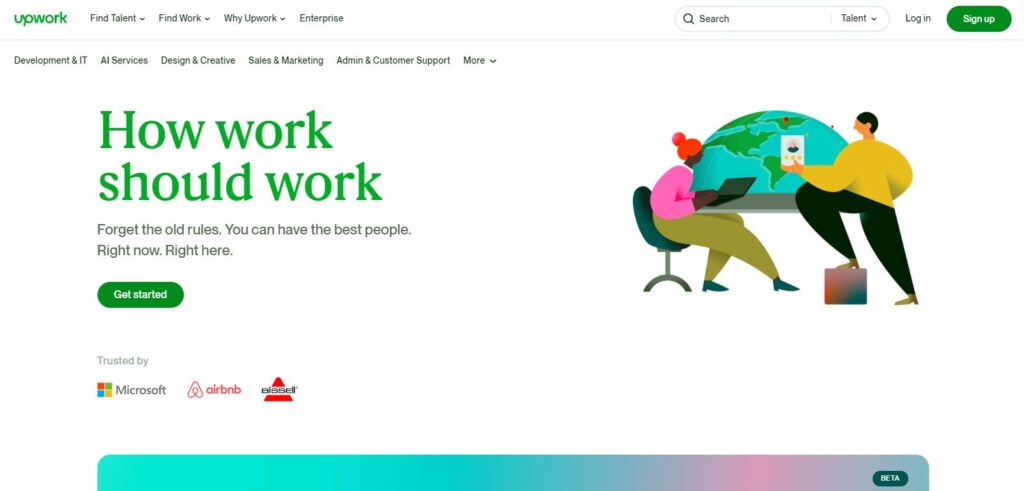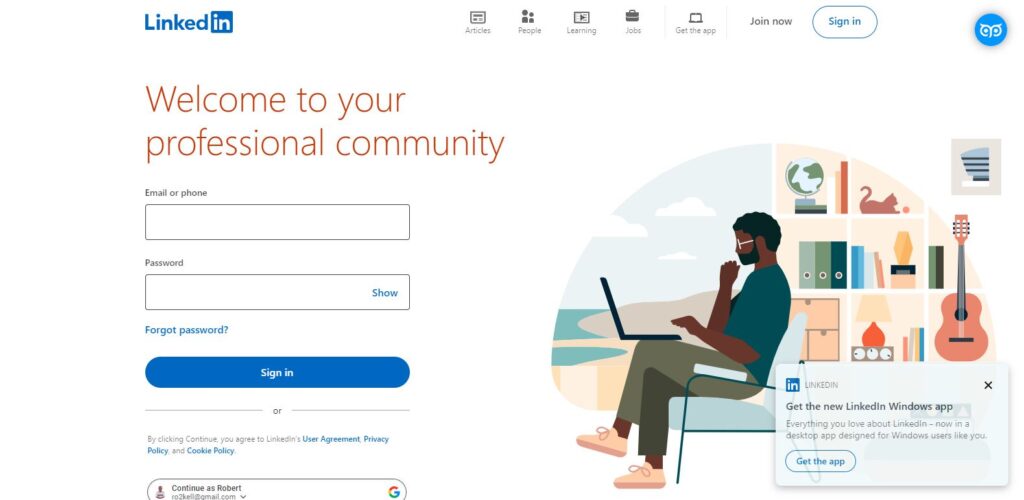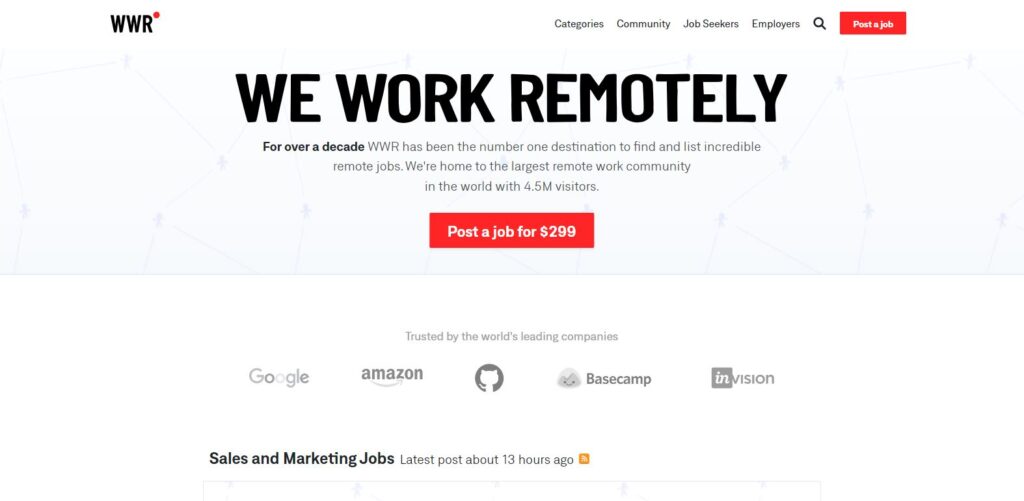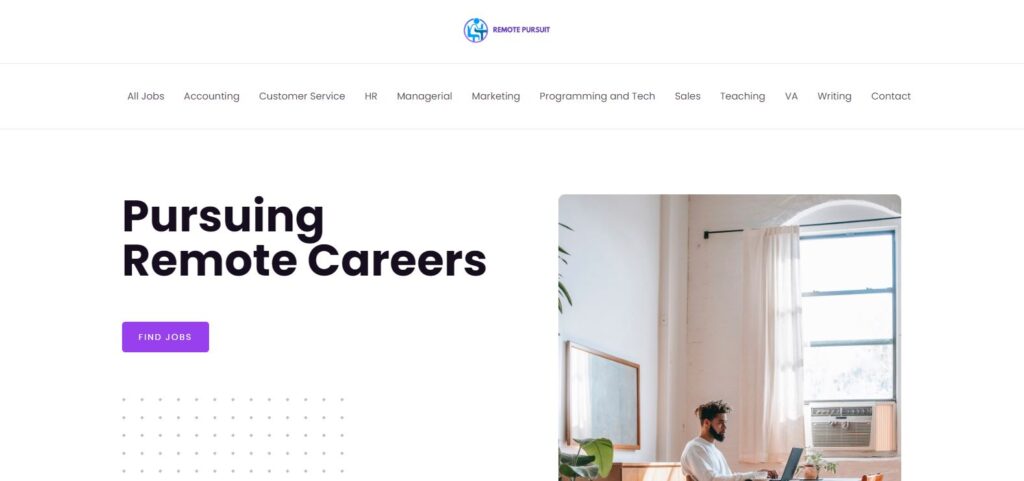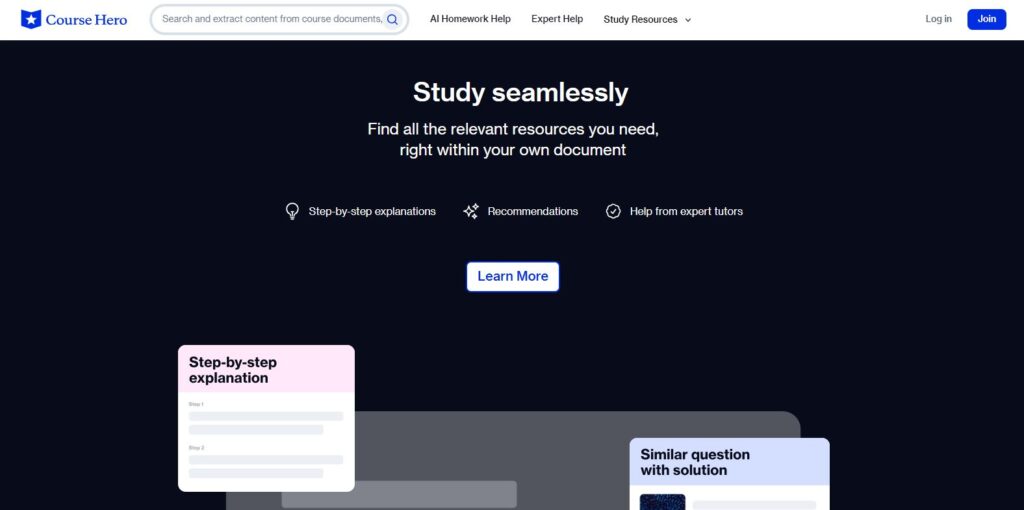Importance of Localized Marketing in Dropshipping
When it comes to dropshipping in a third-world country, one of the keys to success is implementing a localized marketing strategy. Localized marketing involves adapting your marketing efforts to suit the specific needs and preferences of the target audience in the country you are operating in. By tailoring your marketing approach to the local culture and market conditions, you can significantly increase your chances of success in the highly competitive dropshipping industry.
One of the main advantages of localized marketing in dropshipping is that it allows you to connect with your target customers on a deeper level. By understanding and addressing their unique needs, preferences, and pain points, you can create marketing campaigns that resonate with your audience and compel them to make a purchase. For example, in a third-world country where disposable income may be limited, you can focus on highlighting the affordability and value for money of the products you are selling.
Another important aspect of localized marketing is communication. In many third-world countries, English may not be the primary language spoken by the majority of the population. Therefore, it is essential to localize your marketing materials, such as website content, product descriptions, and advertising campaigns, to the local language. This helps build trust and credibility with potential customers, as it shows that you understand and respect their culture and language.
Furthermore, incorporating local payment methods is crucial for success in dropshipping in a third-world country. Many customers may not have access to international payment options such as credit cards, so offering alternative payment methods such as cash on delivery or mobile payment options can significantly increase your chances of making sales. It is also important to consider the local currency and price your products accordingly to ensure they are affordable and accessible to your target market.
Localized marketing also involves leveraging local influencers and social media platforms. In many third-world countries, social media plays a vital role in people’s lives and can have a significant impact on purchasing decisions. Partnering with influential local individuals or organizations in your niche can help you reach a wider audience and build trust with potential customers. It is important to identify and collaborate with influencers who have a genuine connection with your target market and can effectively promote your products.
Overcoming Logistics Hurdles in Dropshipping in a Third-World Country
Dropshipping has become a popular business model worldwide, allowing entrepreneurs to start their own online stores without the need for inventory. However, dropshipping in a third-world country comes with its own set of logistical challenges. Overcoming these hurdles is crucial for the success of a dropshipping business in such regions.
One of the primary challenges in dropshipping in a third-world country is the inadequate infrastructure for efficient shipping and delivery. Limited transportation networks, unreliable postal services, and lack of advanced logistics systems can result in delays, lost packages, and poor customer experiences. To overcome this hurdle, dropshippers must seek out reliable and efficient shipping partners or courier services that specialize in operating in these regions. Collaborating with local logistics companies can help ensure smoother and faster delivery processes.
Another logistics challenge in third-world countries is the customs and import processes. Customs regulations can be complex and time-consuming, resulting in delays and additional costs for dropshippers. It is essential to thoroughly research and understand the customs requirements of the target country to avoid legal issues and unnecessary expenses. Hiring a customs broker or seeking guidance from local experts can facilitate smoother import processes.
Inventory management is also a significant challenge in dropshipping in third-world countries. Limited local suppliers or manufacturers can lead to difficulties in sourcing products. Dropshippers need to establish strong relationships with suppliers who can reliably provide the desired products at competitive prices. Additionally, implementing inventory management systems and tools can help optimize stock levels and streamline the order fulfillment process.
Payment and currency fluctuations are additional hurdles in dropshipping in third-world countries. Local payment methods may not be widely accepted or secure, making it crucial to integrate reliable and internationally recognized payment gateways.
Most international payment methods make it difficult for individuals trying to operate a dropshipping business in a third-world country. However, there is a walkaround on this. You can create a Stripe account using Privatily. This is a service that allows people from third-world countries to use Stripe and integrate it to their dropshipping business, making it easy for their customers to pay with a Stripe account and it works flawlessly.
Lastly, customer support and communication can be challenging in third-world countries. Limited access to technology or language barriers may hinder effective communication and timely customer assistance. Offering multilingual customer support and utilizing communication channels that are accessible to the local population, such as social media platforms or WhatsApp, can help overcome these challenges.
Establishing Trust and Credibility in Dropshipping in a Third-World Country
When it comes to dropshipping in a third-world country, one of the biggest challenges faced by entrepreneurs is establishing trust and credibility. Customers may be skeptical about purchasing products from an unknown seller in a foreign country, and this can impact the success of a dropshipping business. However, there are several strategies that can be employed to build trust and credibility, ensuring the long-term viability of the business.
The first step in establishing trust and credibility is to provide accurate and detailed product information. Customers need to know exactly what they are purchasing, including product specifications, materials used, and any potential limitations. By providing this information upfront, customers can make informed purchasing decisions, reducing the likelihood of negative experiences.
Another important aspect is to offer reliable customer support. Customers should feel confident that they can reach out to the seller with any questions or concerns they may have. This can be achieved by providing multiple channels of communication, such as a dedicated email address, phone number, or live chat option. By promptly addressing customer inquiries and providing helpful and friendly assistance, trust can be built with the customer base.
In addition to product information and customer support, incorporating customer reviews and testimonials can also help establish trust and credibility. Positive reviews from satisfied customers serve as social proof, reassuring potential buyers that the products and services offered are of high quality. Encourage customers to provide feedback and testimonials, and prominently display them on the website or product pages.
Furthermore, it is crucial to prioritize the security of customer information and transactions. Implement secure payment gateways and ensure that customer data is protected. Display trust symbols, such as SSL certificates, on the website to signify that all transactions are secure. This can significantly enhance customer confidence and increase trust in the business.
Last but not least, focusing on building a strong brand image and reputation is essential for establishing trust and credibility. Investing in professional website design, engaging content, and a consistent brand identity can help portray a professional image to customers. Engage in social media marketing and leverage influencers to enhance brand visibility and credibility. By consistently delivering on promises and providing exceptional customer experience, the brand can become synonymous with trust and reliability.
Wrapping up
In conclusion, dropshipping in a third-world country presents numerous challenges, but with the right strategies and approaches, success is attainable. One of the key challenges is the limited infrastructure and logistics capabilities in these countries. However, overcoming these hurdles is possible through meticulous planning and establishing strong partnerships with reliable suppliers and shipping companies.
A crucial aspect of achieving success in dropshipping in a third-world country is localized marketing. By understanding the unique preferences and cultural nuances of the target market, businesses can tailor their marketing strategies to resonate with local customers. This can be done by translating product descriptions into the local language, incorporating local payment methods, and utilizing local influencers or social media platforms that are popular within the country.
Furthermore, building trust and credibility is vital for dropshipping businesses in third-world countries. Consumers in these regions may have concerns regarding the legitimacy and reliability of online businesses. To address these concerns, it is important to provide clear and transparent communication, offer customer support in the local language, and showcase positive customer testimonials and reviews. By consistently delivering high-quality products and exceptional customer service, businesses can establish a solid reputation and gain the trust of their target audience.
Logistics is another critical aspect of dropshipping in a third-world country. While infrastructure may be lacking, businesses can overcome this challenge by partnering with reliable logistics providers who have experience in navigating the local transportation and delivery networks. Additionally, optimizing inventory management and streamlining the order fulfillment process can help mitigate delays and ensure timely delivery of products.
Despite the challenges, dropshipping in a third-world country also presents unique opportunities. With lower operating costs and less competition compared to established markets, entrepreneurs can tap into emerging markets and take advantage of untapped customer bases. By leveraging local market knowledge and understanding consumer demands, businesses can identify profitable niches and tailor their product offerings to meet the specific needs of the target market.
To thrive in dropshipping in a third-world country, businesses need to adapt and constantly innovate. Staying updated with the latest market trends and technologies can give them a competitive edge. Additionally, fostering strong relationships with suppliers, understanding local regulations and customs procedures, and proactively addressing customer concerns can contribute to long-term success.
In summary, dropshipping in a third-world country comes with its own set of challenges, but with the right strategies and a deep understanding of the local market, success can be achieved. By focusing on localized marketing, overcoming logistics hurdles, establishing trust and credibility, and constantly innovating, businesses can carve out a profitable niche in these emerging markets. With persistence, adaptability, and a customer-centric approach, dropshipping in a third-world country can be a profitable venture for entrepreneurs willing to take on the challenge.

